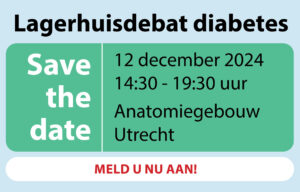To evaluate the prognostic importance of resistant hypertension (RHT) for the development of complications in a cohort of individuals with type 2 diabetes.
A total of 646 patients had the diagnosis of apparent treatment-resistant hypertension (aRHT) based on mean office blood pressure (BP) levels during the 1st year of follow-up. They were reclassified as white-coat/controlled or true/uncontrolled RHT according to 24-h ambulatory BP monitoring (ABPM), using the traditional BP cutoffs and the new 2017 American College of Cardiology (ACC)/American Heart Association (AHA) criteria. Multivariate Cox analyses examined the associations between RHT diagnoses and the occurrence of microvascular and cardiovascular complications and all-cause and cardiovascular mortality.
During a median follow-up of 10 years, 177 patients had a cardiovascular event (145 major ones); 222 patients died (101 from cardiovascular diseases); 200 had a renal event; 156 had a retinopathy event; and 174 patients had a neuropathy event. In relation to non-RHT individuals, aRHT (present in 44.6% and 50% by the traditional and new criteria, respectively) predicted all cardiovascular and mortality outcomes, with hazard ratios (HRs) between 1.64 and 2.16, but none of the microvascular outcomes. True RHT increased the HRs (from 1.81 to 2.25) and additionally predicted renal outcomes. White-coat/controlled RHT implied an increased risk (HRs 1.33–1.86) that was intermediate between non-RHT and true RHT individuals. Classifications using the traditional and the new ACC/AHA criteria were equivalent.
In patients with type 2 diabetes, the presence of aRHT implied an increased risk of cardiovascular and mortality outcomes, and classification based on ABPM predicted renal outcomes and improved cardiovascular/mortality risk stratification.


